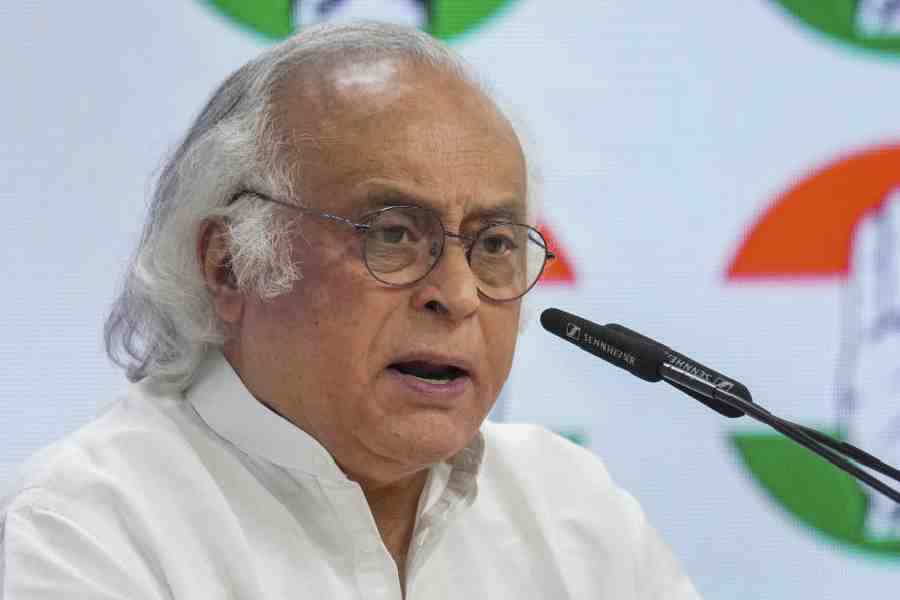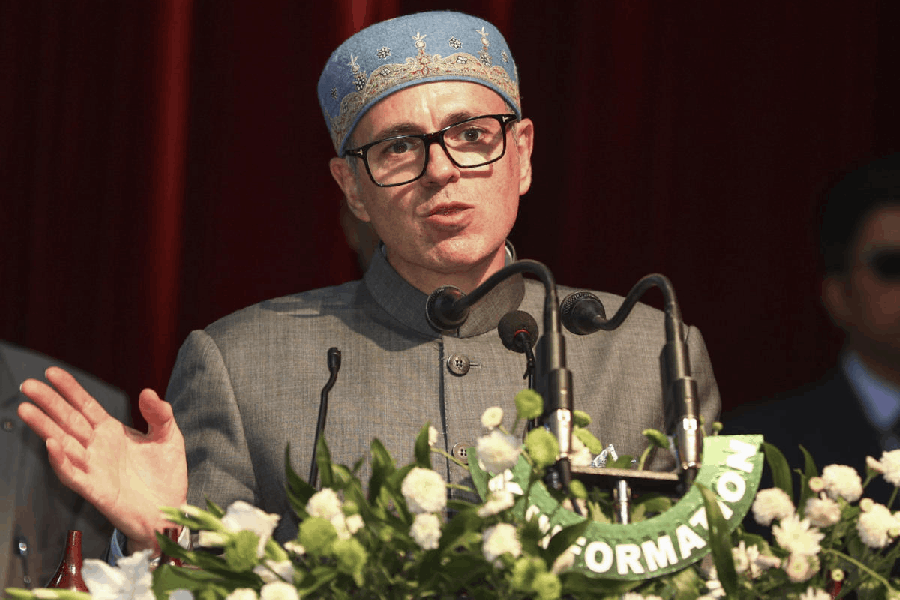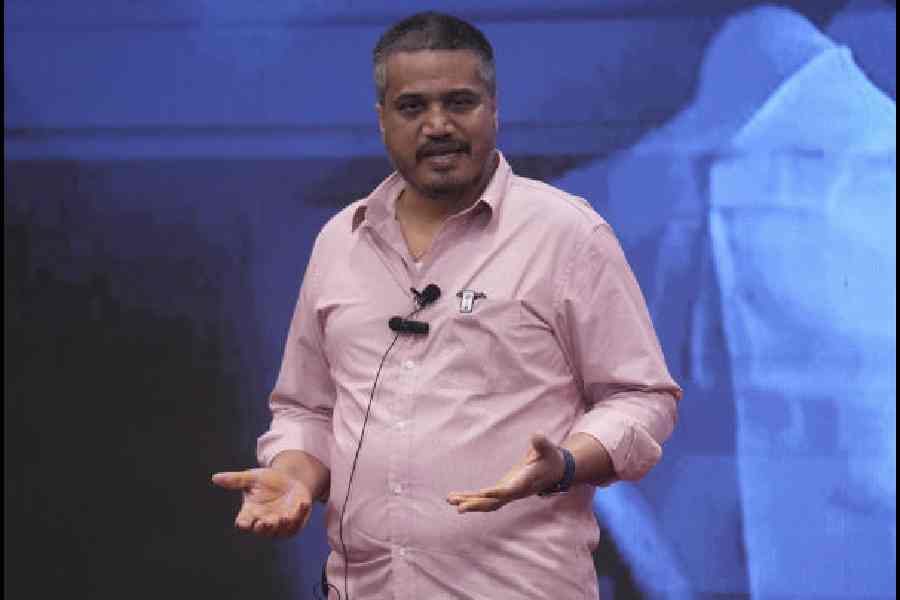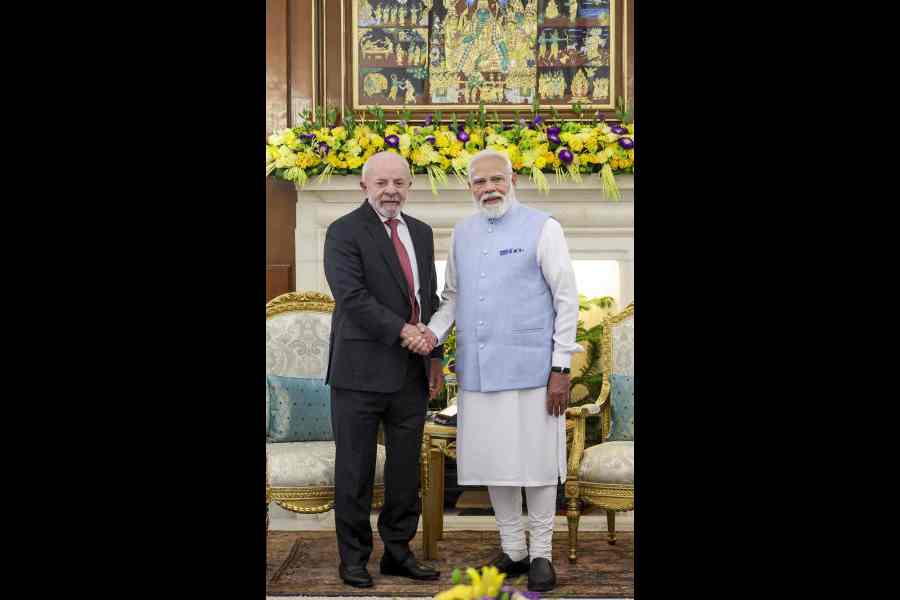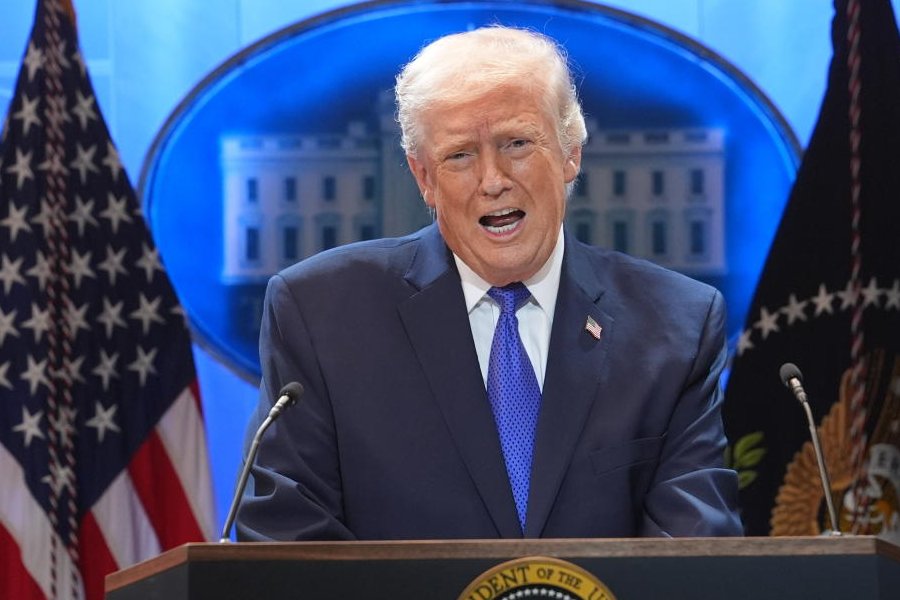The Congress on Thursday described the GST Council’s approval of an overhaul in the Goods and Services Tax regime as merely a “GST 1.5”, insisting that the wait for a “true GST 2.0” continues.
Congress general secretary (communications) Jairam Ramesh said a critical demand of the states — the extension of compensation for another five years to fully safeguard their revenues — was still ignored.
“In fact, that demand assumes even greater importance now,” he wrote on X.
“The Indian National Congress has for long been advocating for a GST 2.0 that reduces the number of rates, cuts the rates on a large number of items of mass consumption, minimises evasion, mis-classification, and disputes, does away with inverted duty structure (lower tax on output as compared to inputs), eases the compliance burden on MSMEs, and expands GST coverage,” Ramesh said.
He pointed out that Union finance Minister Nirmala Sitharaman made major announcements after the GST Council meeting on Wednesday. “However, even before the GST Council meeting, the Prime Minister had already proclaimed the substance of its decisions in his Independence Day speech of August 15th, 2025. Is the GST Council to be reduced to a formality?” he asked.
Ramesh argued that the minister had finally acknowledged the limitations of GST 1.0. “Faced with a lack of buoyancy in private consumption, subdued rates of private investment, and endless classification disputes, the Union Finance Minister has finally recognised that GST 1.0 had reached a dead end. In fact, the very design of GST 1.0 was flawed and this had been pointed out by the INC way back in July 2017 itself, when the PM had made one of his typical U turns and decided to introduce GST. It was meant to be a Good and Simple Tax. It turned out to be a Growth Suppressing Tax.”
On the latest changes, he remarked: “Last evening’s announcements have certainly made headlines since the PM had already laid down the pre-Diwali deadlines. Presumably the benefits of rate cuts will be passed on to consumers. However the wait for a true GST 2.0 continues. Whether this new GST 1.5, if it can be called that, stimulates private investment - especially in manufacturing - remains to be seen. Whether this will ease the burden on MSMEs, time alone will tell.”
The GST Council’s decisions include major tax cuts on personal-use items from roti/paratha to hair oil, ice creams and TVs, while premiums paid for life and health insurance policies will now be exempted from GST. Previously, such policies attracted an 18 per cent levy.
Sitharaman said the council unanimously decided to simplify the GST structure, reducing it from four slabs — 5, 12, 18 and 28 per cent — to just two: 5 and 18 per cent. A special 40 per cent slab will remain for high-end cars, tobacco and cigarettes.
The new rates, except for pan masala, gutkha, cigarettes, chewing tobacco products like zarda, unmanufactured tobacco and bidi, will come into effect from September 22, the first day of Navaratri.

